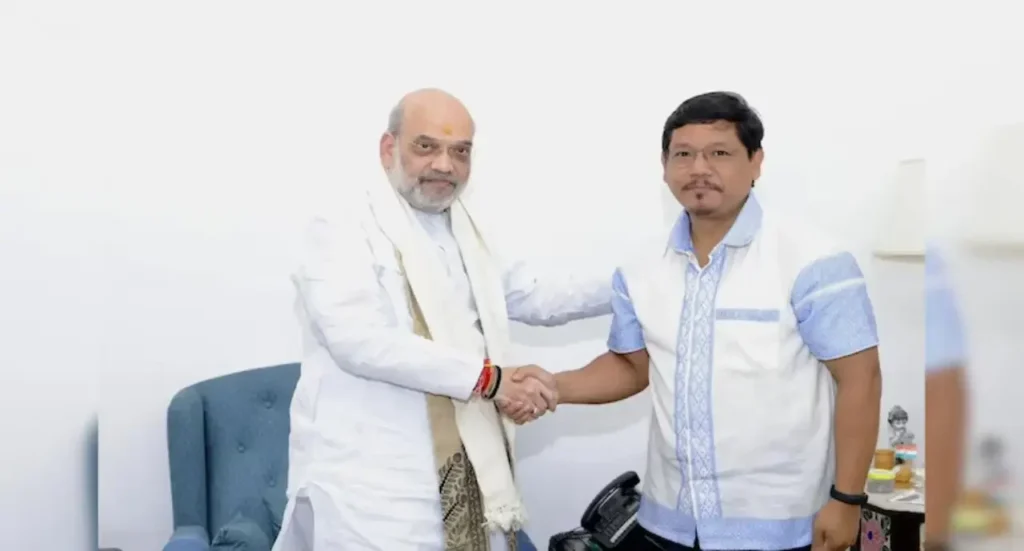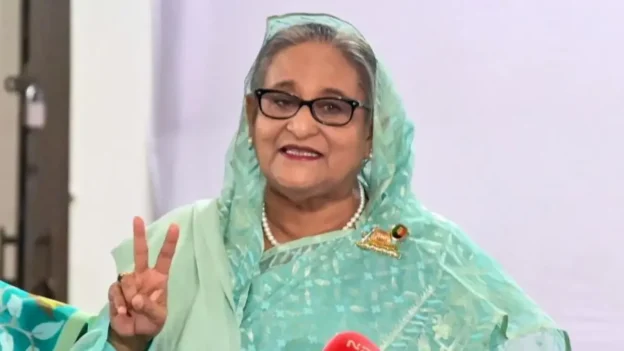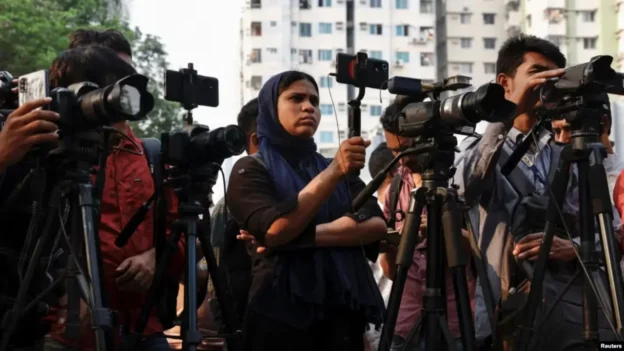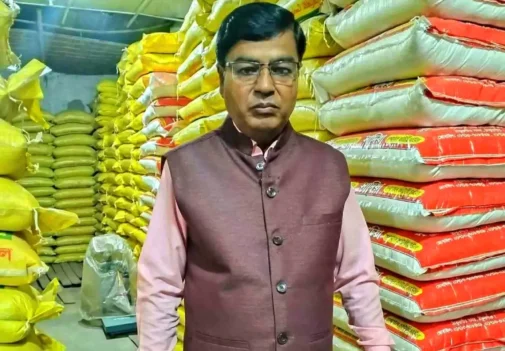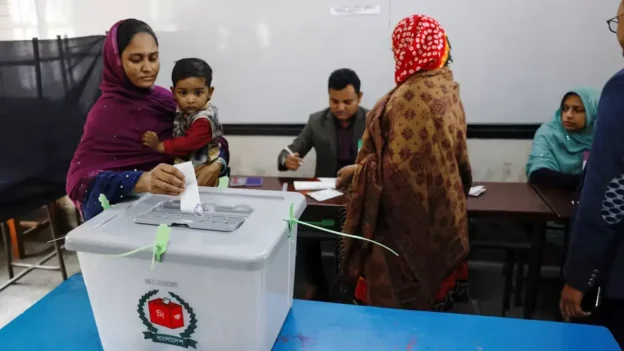In a bid to honour one of the Northeast’s most prominent leaders and chart a new path for his home state, Meghalaya Chief Minister met with Union Home Minister on 5 September 2025, asking the Centre to consider naming a road in New Delhi after his late father, , and pressing a clutch of long-pending demands tied to the distinct identity and governance of Meghalaya.
During the meeting, Sangma paid tribute to his father’s national stature — the former Speaker of the Lok Sabha, Union Minister and Chief Minister of Meghalaya — describing him as “one of India’s tallest leaders and statesmen.” He suggested a road-naming in the capital as a lasting acknowledgment of his legacy. The Centre, reportedly having earlier named a New Delhi road after another regional leader on 1 May, has thus precedent.
But the tribute request was only part of the agenda. Sangma used the meeting to spotlight three deeply rooted issues shaping Meghalaya’s future: the implementation of the (ILP) regime, the creation of a separate All-India Services cadre for the state (breaking from the joint Assam–Meghalaya structure), and the inclusion of Khasi and Garo languages in the Eighth Schedule of the Constitution.
On the ILP front, Sangma emphasised that Meghalaya’s position — sharing porous international borders and a unique indigenous demography — makes the permit system “the only viable mechanism under current laws to regulate entry and prevent infiltration.” He reminded Shah that the Meghalaya Assembly had previously adopted resolutions urging inclusion under the Bengal Eastern Frontier Regulation of 1873.
Turning to administrative autonomy, Sangma pointed out that Meghalaya is the only Indian state that shares a joint cadre of IAS and IPS officers with another state — Assam. He urged that a dedicated Meghalaya cadre would bolster governance and ensure state-specific priorities receive full administrative attention.
Cultural identity also featured strongly. Sangma underscored the importance of recognising Khasi and Garo languages constitutionally. “Recognition of these languages would be a major boost to cultural identity and preservation,” he said.
As for his father, Sangma described Purno Agitok Sangma as a national figure who consistently championed tribal rights, minority voices and the cause of the Northeast. “Naming a road after him would be a fitting tribute,” he said, seeking the Centre’s approval.
The meeting signals both a tribute and a demand — a moment to commemorate a towering political figure and to press for structural change in a state whose unique composition has long called for differentiated solutions. With these issues taken up at the highest level, all eyes now turn to New Delhi’s response and the next steps in what may prove to be a defining chapter for Meghalaya’s governance and identity.

